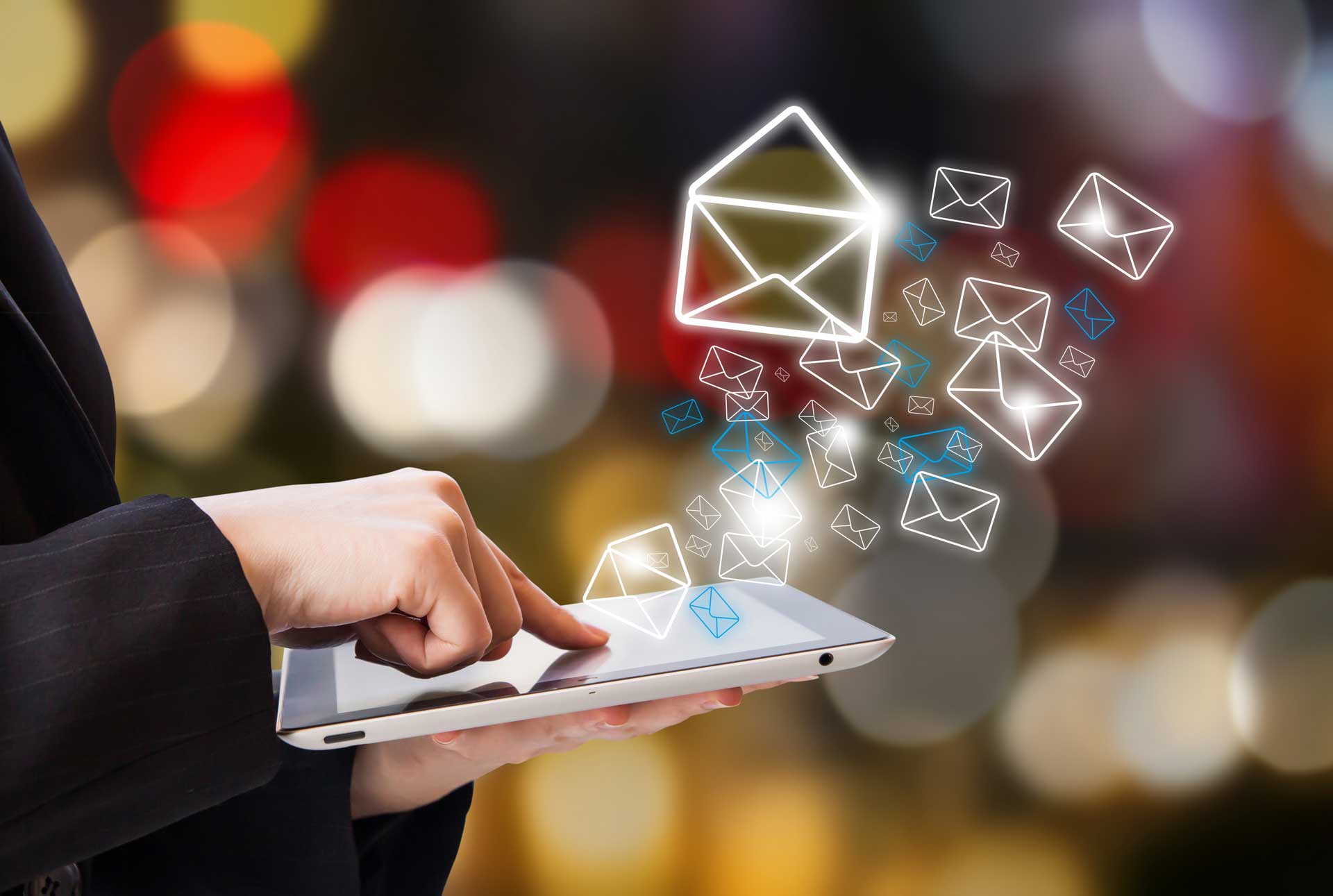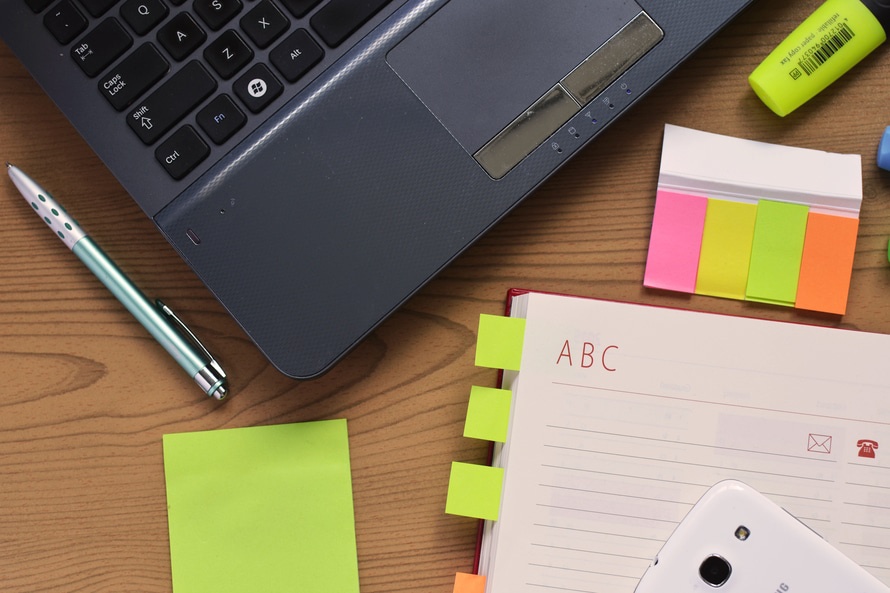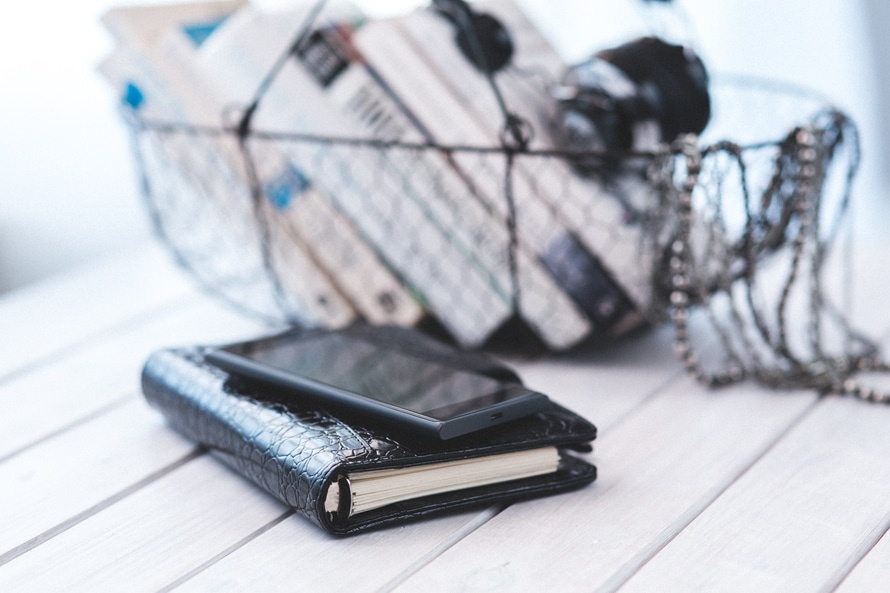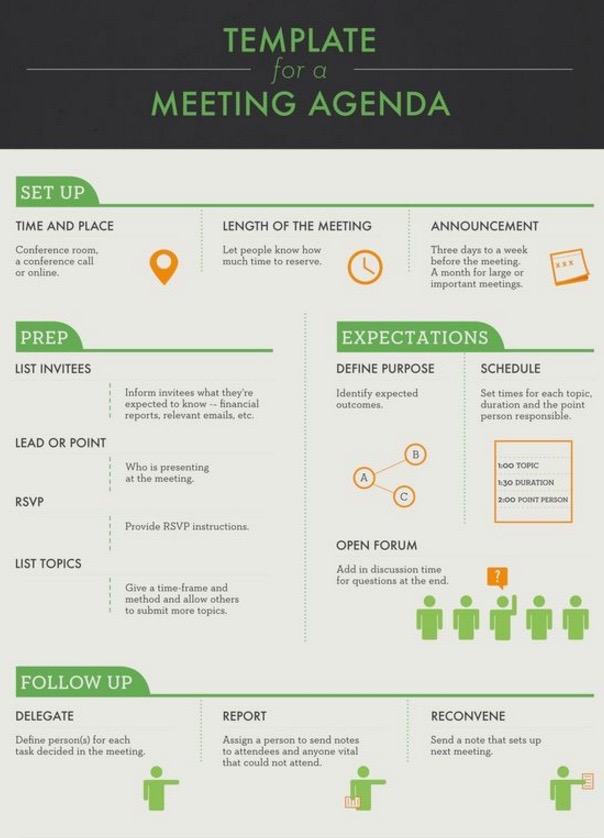When you have this kind of opportunity, it’s not enough just to have a great time. You need to take advantage of everything the event has to offer.
You don’t just want to be a passive audience member — you want to be an active participant.
Actually, there’s a whole lot you can do to completely prepare for — and get the most out of — your next event. The infographic below can provide some direction. It will tell you everything you need to know to prepare for any event:





